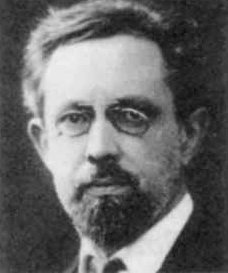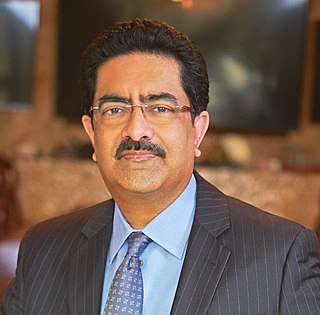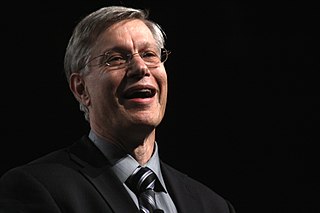A Quote by Kathleen Parker
Capitalism, the ogre of those protesting Wall Street, has suffered a public relations crisis in the wake of the global economic collapse. But any remedy to the systemic corruption that led to the collapse should not displace recognition that capitalism creates wealth. Capitalism, and no other economic system, has raised millions from poverty around the world.
Quote Topics
Any
Around
Around The World
Capitalism
Collapse
Corruption
Creates
Crisis
Economic
Economic Collapse
Economic System
Global
Led
Millions
Other
Poverty
Protesting
Public
Public Relations
Raised
Recognition
Relations
Remedy
Should
Street
Suffered
System
Systemic
Those
Wake
Wall
Wall Street
Wealth
World
Related Quotes
The slave states of Western world are an outgrowth of monopolistic capitalism - an economic system which is opposed to the wide distribution of private property in many hands. Instead, monopolistic capitalism concentrates productive wealth among a few men, allowing the rest to become a vast proletariat.
One of our great strength, world capitalism, is the most successful economic system possible, but has also become one of shorter and shorter cycles of evaluation. CEOs, companies, stocks, profits and debits change at an ever more accelerated pace in response to the demands of stockholders and the market. We have already experienced some consequences of the shortening cycle of decision making in business, but those are minor in relation to the grand systemic collapse that always eventually results from such accelerating and shortening periods for leadership goals.
For nearly two centuries, scholars and politicians have debated the future of capitalism. Its critics, most prominent among them Karl Marx, have seen capitalism as intrinsically unstable, full of contradictions that will lead eventually to its collapse. Its supporters see it as the best way to allocate resources and rewards. Some even hint that the democratic capitalistic society is not just a phase in the historical evolution of economic systems but its ultimate end.
Communism, like any other revealed religion, is largely made up of prophecies. When they fail to come off its clergy simply say that they will be realized later on. Thus, if we have another boom, they will argue that the collapse of capitalism is only postponed. The fact that the greatest booms ever heard of followed Marx's formal prophecy of the downfall of capitalism is already forgotten, just as millions have long since forgotten the early Christian prophecy that the end of the world was at hand. The first Christians accepted postponements as docilely as the Communists of today.
Despite the miracles of capitalism, it doesn't do well in popularity polls. One of the reasons is that capitalism is always evaluated against the non-existent, non-realizable utopias of socialism or communism. Any earthly system, when compared to a Utopia, will pale in comparison. But for the ordinary person, capitalism, with all of its warts, is superior to any system yet devised to deal with our everyday needs and desires.

































